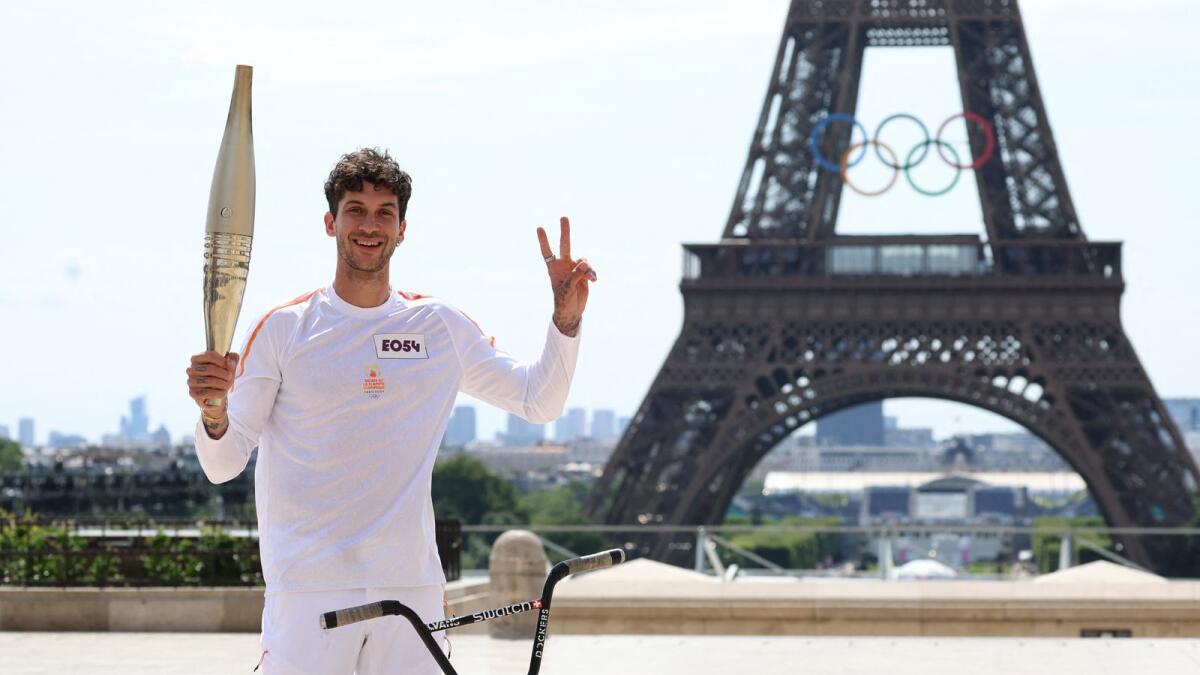The city of Paris is gearing up for the highly anticipated Olympics opening ceremony, which is set to take place on July 26. Thousands of French security forces have locked down a six-kilometer stretch of central Paris in preparation for the event. The opening parade, during which athletes will sail down the river Seine, has led to the closure of central water-side residential districts to most vehicles. This has caused traffic disruptions and checkpoints that locals and tourists have found themselves blocked at.
As the countdown to the opening ceremony continues, Paris is undergoing a transformation to welcome nearly nine million Olympics ticketholders. Temporary sports stadiums are being set up at iconic locations such as the Eiffel Tower and the Place de la Concorde. Advertising boards, new artwork, and Olympics bunting are being put up around the city in preparation for the event. Additionally, the creation of Olympic VIP traffic lanes has been introduced to help alleviate the traffic congestion caused by the preparations.
The influx of tourists in the run-up to the Games has been lower than usual, with many Paris residents opting to go on holiday to avoid the disruptions caused by the Olympics preparations. Local businesses, such as restaurants and cafes, have also reported a significant decrease in customers. Despite the challenges, the first athletes have started arriving at the newly built Olympic Village in the Saint-Ouen northern suburb of Paris. The village comprises 40 low-rise housing blocs built using innovative construction techniques.
Securing the Paris Games remains a top priority for French authorities, with Interior Minister Gerald Darmanin stating that there is currently no credible threat against the event. The opening ceremony, set to take place outside the main athletics stadium, presents a unique security challenge. Around 6,000-7,000 athletes are expected to sail down the Seine on barges and river boats, making it the first time a Summer Olympics has opened in such a manner. The two-tiered security perimeter installed restricts most vehicles from central areas, and anyone entering the highest-security “grey zone” requires a security pass.
The installation of security barriers, the establishment of no-fly zones, and the closure of metro stops have sparked controversy among some Parisians who see the Olympics as an inconvenience. The stringent security measures and disruptions to daily life have left some residents feeling like they are living in a prison. Despite the challenges, anticipation is building for the start of the Games, with athletes and delegations arriving at the Olympic Village and getting ready to compete. As Paris gears up for the Olympics, the city is focused on ensuring the safety and success of the event while balancing the needs of residents and visitors.











